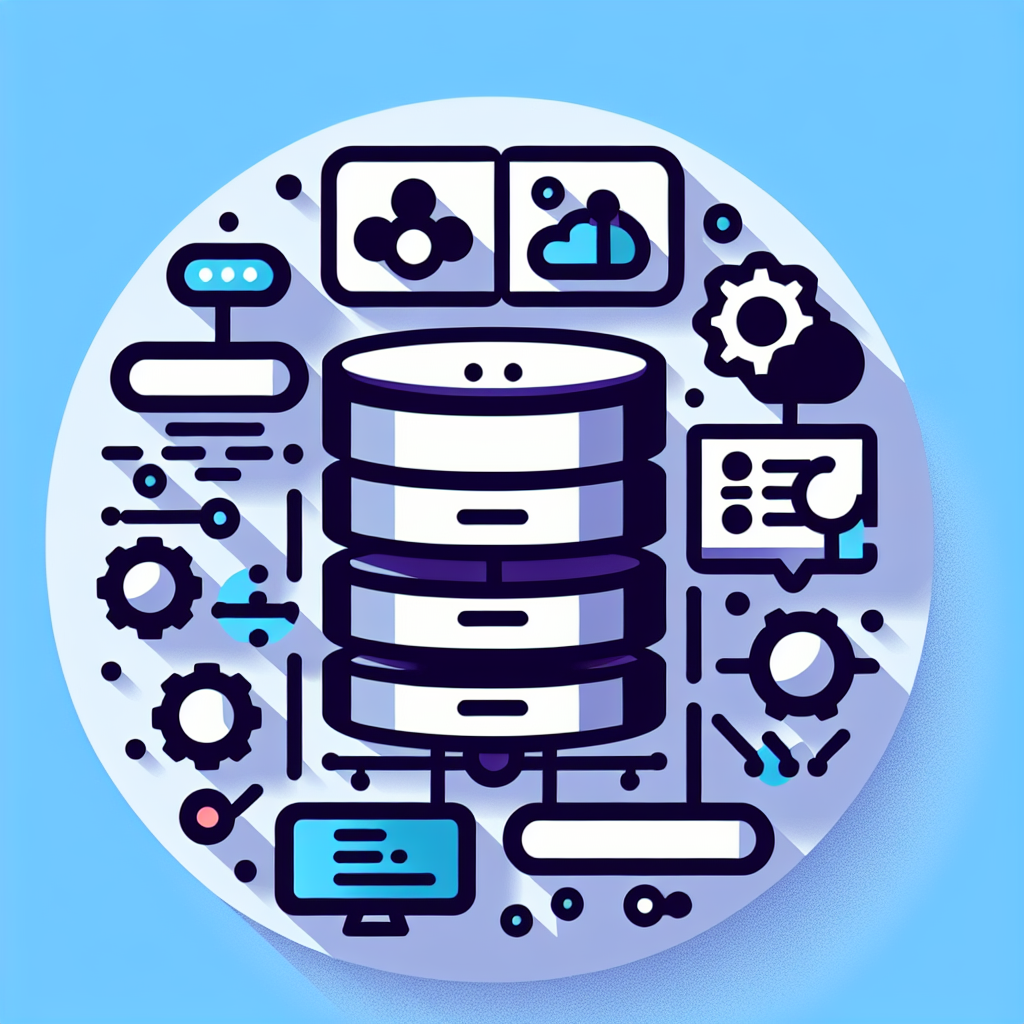Discover NoSQL Essentials with GoToNoSQL Tool
Discover Go to NoSQL, your ultimate guide to mastering NoSQL databases. Unlock seamless scalability and flexibility with expert insights and tips.
Source Code
Converted Code
Output will appear here...
Go to NoSQL is a cutting-edge database management tool designed to streamline data handling for modern applications. It offers seamless scalability and flexibility, making it ideal for managing large volumes of unstructured data across industries like e-commerce, IoT, and social media. Enhance your data-driven decision-making with its real-time analytics and robust performance, tailored for dynamic and complex data environments.

Go to NoSQL: The Essential Tool for Modern Database Management Link to this section #
Navigating the landscape of database management can be challenging, especially when transitioning from traditional relational databases to the dynamic world of NoSQL. "Go to NoSQL" is your go-to tool for simplifying this process, providing seamless integration and efficient management of NoSQL databases.
Key Features Link to this section #
- Intuitive Interface: The tool offers an easy-to-use interface, reducing the learning curve and allowing users to focus on optimizing their database operations.
- Scalability: Designed to handle massive data volumes effortlessly, making it ideal for applications requiring high scalability and performance.
- Flexibility: Supports multiple NoSQL databases such as MongoDB, Cassandra, Couchbase, and Redis, offering flexibility to choose the best fit for your project.
Benefits Link to this section #
- Enhanced Performance: By leveraging NoSQL's capabilities, users can experience significant improvements in data retrieval and storage efficiency.
- Cost-Effective: Reduces the need for complex infrastructure, minimizing operational costs while maximizing resource utilization.
- Real-Time Data Processing: Facilitates real-time data processing, crucial for applications demanding immediate insights and actions.
Code Example Link to this section #
Below is a simple code snippet demonstrating how to connect to a MongoDB database using "Go to NoSQL":
from go_to_nosql import MongoConnector
# Initialize the connection
mongo = MongoConnector(uri="your_mongodb_uri")
# Access a specific collection
collection = mongo.get_collection("database_name", "collection_name")
# Query the database
results = collection.find({"field": "value"})
for document in results:
print(document)
Resources Link to this section #
For those looking to deepen their understanding of NoSQL databases, consider exploring MongoDB's official documentation and Cassandra's architecture overview.
"Go to NoSQL" is the definitive tool for developers and database administrators aiming to harness the power of NoSQL databases. Embrace the future of data management with confidence and efficiency.
Frequently Asked Questions
What is NoSQL and why should I consider using it?
NoSQL is a type of database that provides a mechanism for storage and retrieval of data that is modeled in means other than the tabular relations used in relational databases. You should consider using NoSQL when you need to handle large volumes of unstructured data, require scalability, or need to support agile development and rapid iterations.
How does NoSQL differ from traditional SQL databases?
NoSQL databases differ from traditional SQL databases in their data models, scalability, and schema flexibility. NoSQL databases can store data in various formats including key-value pairs, documents, graphs, or wide-column stores, allowing for more flexibility in how data is structured and retrieved. They are also designed to scale out by distributing data across multiple servers, unlike SQL databases which typically scale up by adding resources to a single server.
When is it appropriate to switch from a SQL to a NoSQL database?
Switching from SQL to NoSQL is appropriate when your application requires high scalability, handles large amounts of unstructured or semi-structured data, demands quick iterations and development cycles, or when the application needs to support diverse data types and structures without predefined schemas. It's also useful when the application needs to be highly available and distributed across multiple regions.